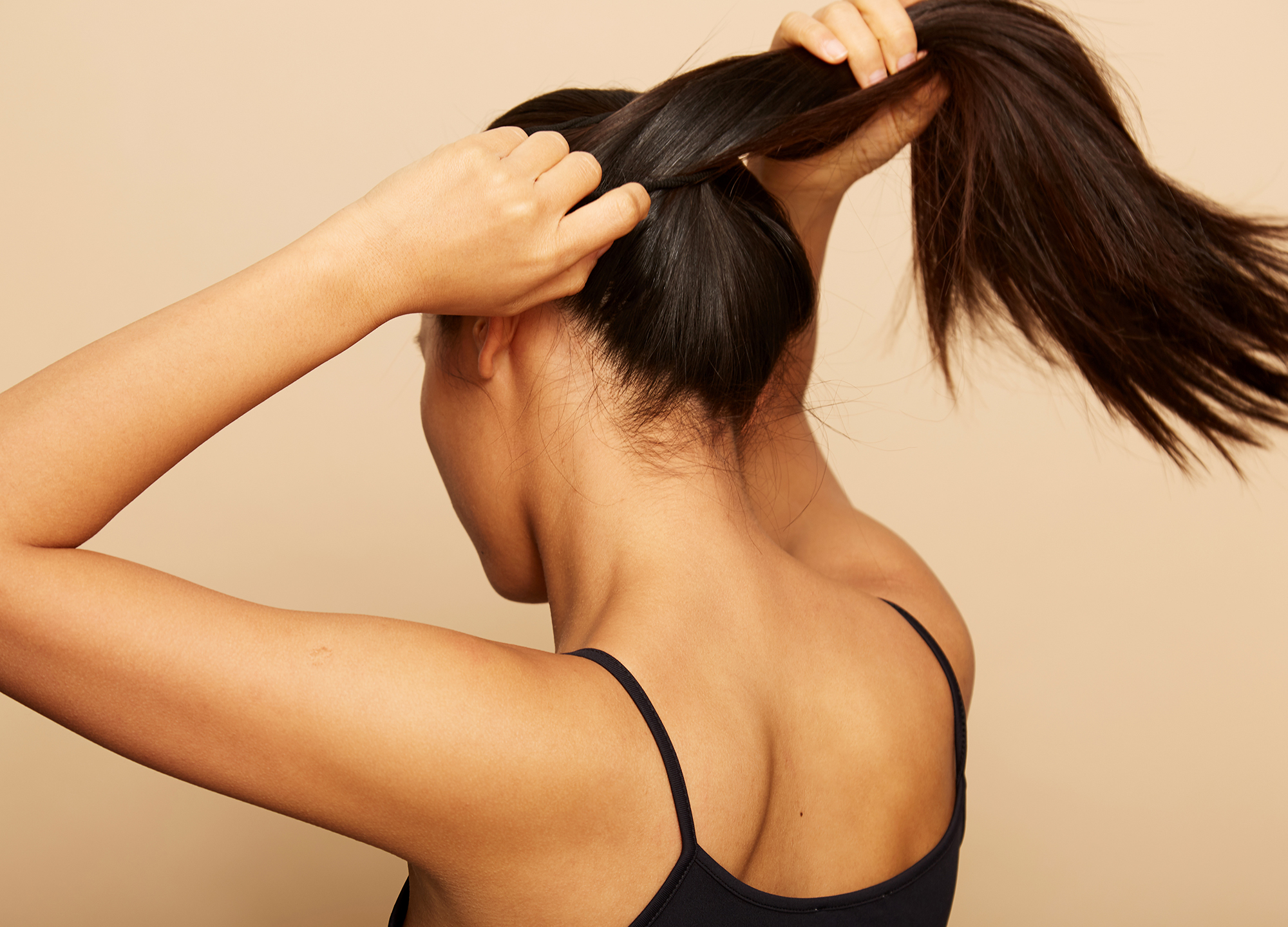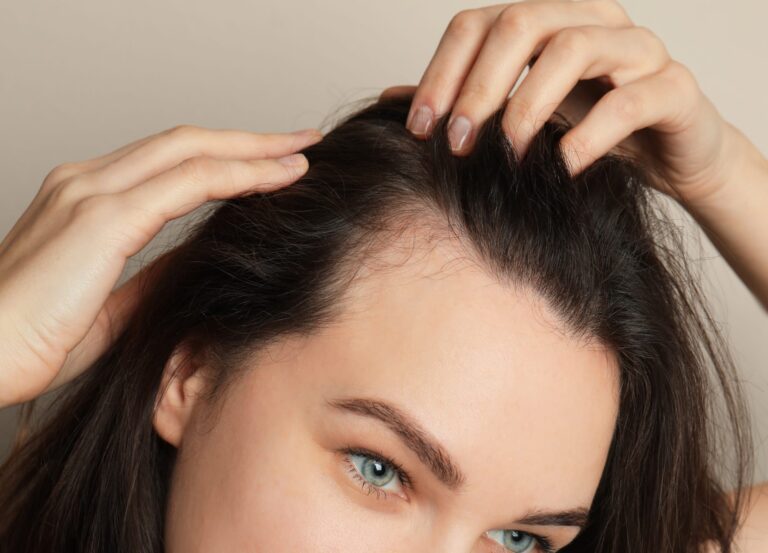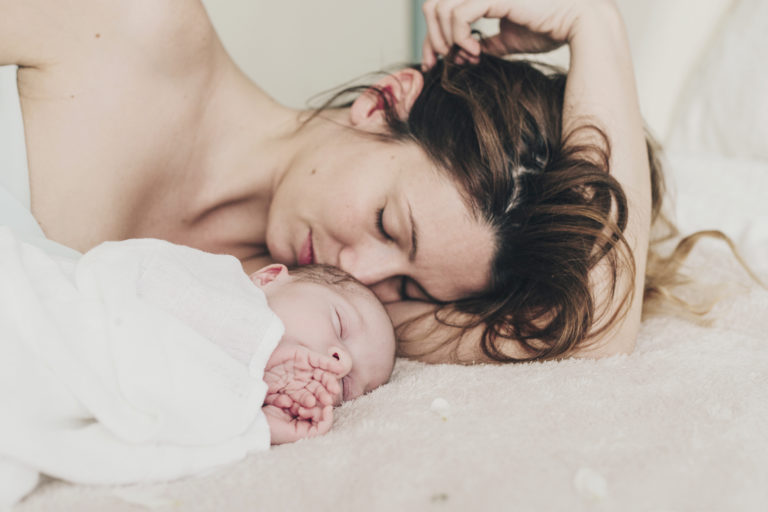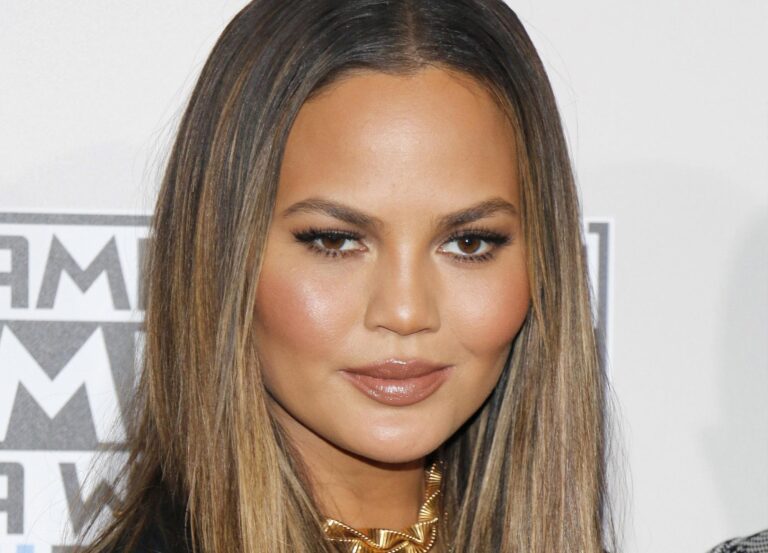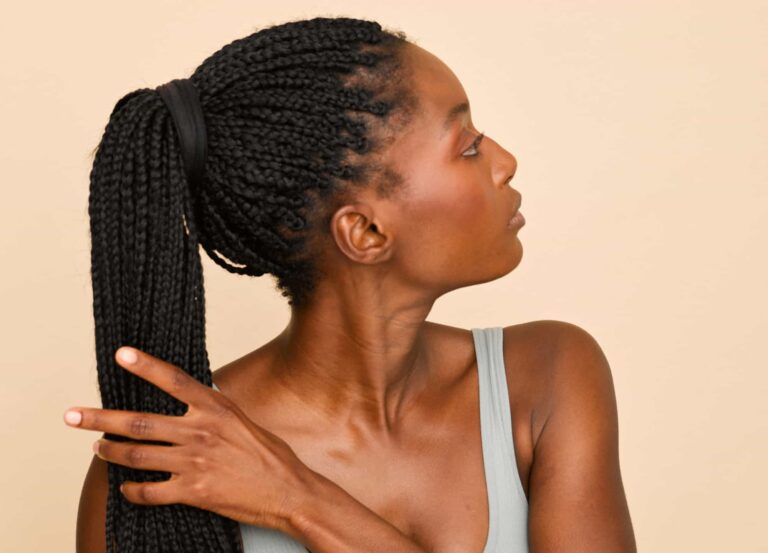We know that the age-old adage “beauty comes from the inside” certainly holds true when it comes to skin, with plenty of research showing the correlation between a healthy diet and healthy skin. But what you eat can also impact your hair, and there’s plenty of healthy food for hair, specifically.
“If you are taking care of yourself properly with good hydration, adequate sleep, exercise, and good vitamin and mineral ingestion through either foods or supplements, your hair will reflect that with a natural sheen and the ability to grow long,” confirms board-certified hair restoration surgeon and medical director for HairClub in Raleigh, North Carolina, Dr. Angela Phipps.
While dietary changes won’t suddenly give your hair a complete magical reboot (lots of other things play a role, such as hair-care habits and genetics), it can still certainly make a difference in your overall hair health and strength, as well as increase shine and make it more lustrous. Here, more info on the key nutrients and best food for healthy hair. (The bonus: they all have great health benefits too.)
Vitamin A
Vitamin A helps your glands create sebum, which moisturizes the scalp to help with healthy hair growth and prevent dull hair. (Think of it kind of like a natural conditioner.) Some of the best foods with vitamin A include animal products like milk, eggs, yogurt, and cod liver oil. But that’s not all: beta-carotene, which is converted to vitamin A in the body, is another essential nutrient to ingest. Find it in: veggies such as sweet potatoes, spinach, kale, and carrots.
Related: Effective Products, Ingredients & In-Office Procedures That Treat Thinning Hair
Biotin
Biotin is the vitamin most people associate with healthy hair, and studies have even linked a lack biotin, a type of vitamin B, to hair loss. “If there is a true biotin deficiency, which is rare because it occurs naturally in a wide range of foods, biotin supplementation can definitely help restore the health of the hair,” adds Dr. Phipps. Find it in: eggs, almonds, sweet potatoes, and spinach are all rich in biotin and good foods for strong hair, so stock up the next time you’re at the grocery store
B vitamins
“B vitamins help produce red blood cells, which carry oxygen and nutrients to the scalp and hair follicles,” says Dr. Phipps. Good sources of B12 are usually found in animal-derived foods, so those who are vegetarian, vegan, or follow a plant-based diet may need a B12 supplement. Find it in: whole grains, seafood, meat, almonds, and dark leafy greens.
Vitamin C
Oxidative stress from free radicals can block hair growth and cause your hair to age. Vitamin C is a powerful antioxidant that can prevent this process from happening. “Vitamin C is also necessary to produce collagen that is an important part of the hair structure,” says Dr. Phipps. “In addition, vitamin C helps with the absorption of iron, which is a mineral necessary for hair growth.” Find it in: citrus fruits, guavas, strawberries, and peppers.
Vitamin D
Vitamin D deficiency can lead to hair thinning and hair loss. Direct exposure of the skin to the sun (studies suggest that all it takes is about 13 minutes of midday sunlight) can help your body produce its own vitamin D, without you having to change your diet. Find it in: cod liver oil, fatty fish, and mushrooms.
Vitamin E
Vitamin E helps protect against oxidative stress (which can cause hair to fall out), and vitamin E supplements have been found to improve hair growth in those with hair loss. Find it in: spinach, sunflower seeds, avocados, and almonds.
Related: The Best Shampoos to Use After Your PRP Scalp Treatment, According to Dermatologists
Iron
“Iron is an important mineral for hair growth, because it helps red blood cells carry oxygen to the hair-follicle cells,” says Dr. Phipps. Studies have shown that iron deficiency is a cause of hair loss, and according to Dr. Phipps, this is especially the case in women. Find it in: red meat, eggs, oysters, clams, spinach, soybeans, and lentils.
Zinc
“Zinc helps hair-tissue growth and repair and helps the oil glands around the hair follicle work properly,” explains Dr. Phipps. “Zinc deficiency can result in hair loss.” Find it in: beef, pumpkin seeds, spinach, oysters, and lentils into your diet.
Protein
Protein is a vital building block of bones, muscles, skin, and—you guessed it—hair. “Eating enough protein is essential for healthy hair and hair growth, because hair is made up almost entirely of protein,” explains Dr. Phipps, keratin specifically. Low-protein diets can create dry, brittle hair and potentially cause breakage. Find it in: meat, fish, eggs, nuts, greek yogurt, legumes, and chickpeas.
Omega-3 Fatty Acids
One study found that supplementation with omega-3 and omega-6 fatty acids helped improve both hair loss and hair thinning in women. Another study found that, along with several other nutrients, these fatty acids may be helpful for treating androgenetic alopecia. By nourishing the hair follicle and offering anti-inflammatory effects, these healthy fats may help promote healthy hair growth and are also important for a healthy scalp. Find it in: flaxseeds, chia seeds, and sardines.







